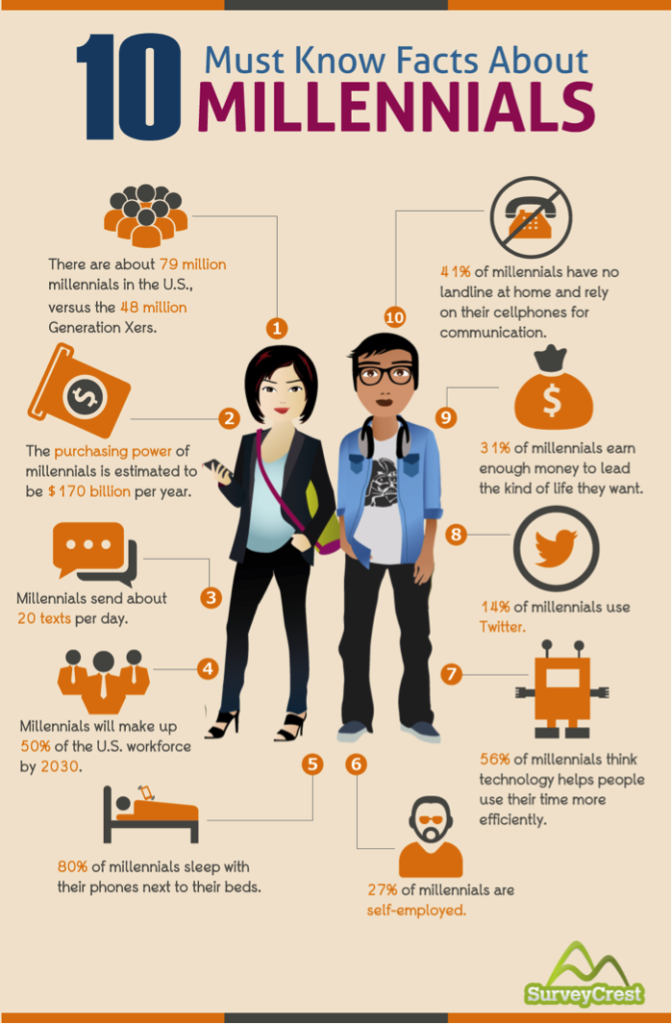The concept of remote work has witnessed a remarkable surge in popularity, especially among millennials, in recent years. The COVID-19 pandemic acted as a catalyst, accelerating the adoption of remote work practices and transforming the traditional 9-5 job structure. This article aims to delve into the factors driving this shift, explore the pros and cons of remote work, examine its impact on the traditional work model, analyse the perspective of employers, and discuss the future implications for the evolving nature of work.
The Shift To Remote Work

A comprehensive study conducted by FlexJobs and Global Workplace Analytics revealed a staggering 91% increase in remote work over the past decade, with millennials playing a substantial role in this shift. This transition can be attributed to several factors, including advancements in technology, millennials’ desire for a better work-life balance, increased connectivity through digital platforms, and the COVID-19 pandemic, which necessitated remote work for safety reasons.
Pros And Cons Of Remote Work
Remote work offers a multitude of benefits for millennials and other professionals. It provides unparalleled flexibility in managing work schedules, eliminates the stress and expenses associated with daily commutes, and allows individuals to achieve a better work-life balance. Additionally, remote work can enhance productivity by reducing workplace distractions and creating a personalised work environment that suits individual preferences. However, it also presents challenges such as potential feelings of isolation, difficulties in maintaining work-life boundaries, and the need for self-discipline and effective time management skills.
The Impact on Traditional 9-5
The rise of remote work has fundamentally reshaped the traditional 9-5 job structure. Remote work allows employees to have more autonomy and flexibility in choosing when and where they perform their work tasks. This shift has led to increased employee satisfaction and improved work-life integration. However, it has also blurred the boundaries between work and personal life, potentially resulting in longer work hours and a higher risk of burnout. Companies have had to reassess how they measure productivity, shifting their focus from hours worked to outcomes achieved, and establish effective communication and collaboration channels among remote teams.
The Employer’s Perspective

Businesses and organisations have had to adapt to the shift towards remote work. While some employers have fully embraced this change, recognising the benefits of reduced overhead costs and access to a wider talent pool, others have expressed concerns about maintaining team cohesion and monitoring employee performance. Employers have had to invest in technology infrastructure, develop and implement remote work policies, and provide adequate support and resources for employees transitioning to remote work. It is crucial for organisations to strike a balance between allowing flexibility and ensuring effective collaboration and teamwork.
The Future of Work

The increasing prevalence of remote work, coupled with advancements in technology such as artificial intelligence (AI) and virtual reality (VR), hints at a future where work becomes even more flexible and location-independent. AI-powered automation may streamline repetitive tasks, freeing up employees to focus on more complex and creative work. VR technology could enable virtual meetings and collaborative experiences, bridging the gap between remote and in-person work environments. These technological advancements, combined with the evolving expectations of millennials and the lessons learned from the pandemic, will continue to shape the future of work, challenging traditional notions and creating new opportunities.
Conclusion
The rise of remote work, predominantly driven by millennials, has disrupted the conventional 9-5 job structure. It offers numerous advantages, including increased flexibility and improved work-life balance, while also presenting challenges such as potential isolation and blurred work-life boundaries. Employers have had to adapt to this shift, weighing the benefits against the need for effective communication and team cohesion. Looking ahead, the future of work will likely be shaped by the continued integration of remote work practices and technological advancements, revolutionising how we perceive and engage in work.
Sources
- FlexJobs and Global Workplace Analytics. (2021). 2021 State of Remote Work. Retrieved from https://www.flexjobs.com/blog/post/state-of-remote-work-flexjobs-2021/
- Kuhlmann, T., & Umbach, E. (2021). Remote work in times of the COVID-19 pandemic. Retrieved from https://www.journals.uchicago.edu/doi/10.1086/714011
- Golden, T. D., Veiga, J. F., & Simsek, Z. (2020). Telecommuting’s differential impact on work-family conflict: Is there no place like home?. Journal of Applied Psychology, 105(12), 1389-1406.




